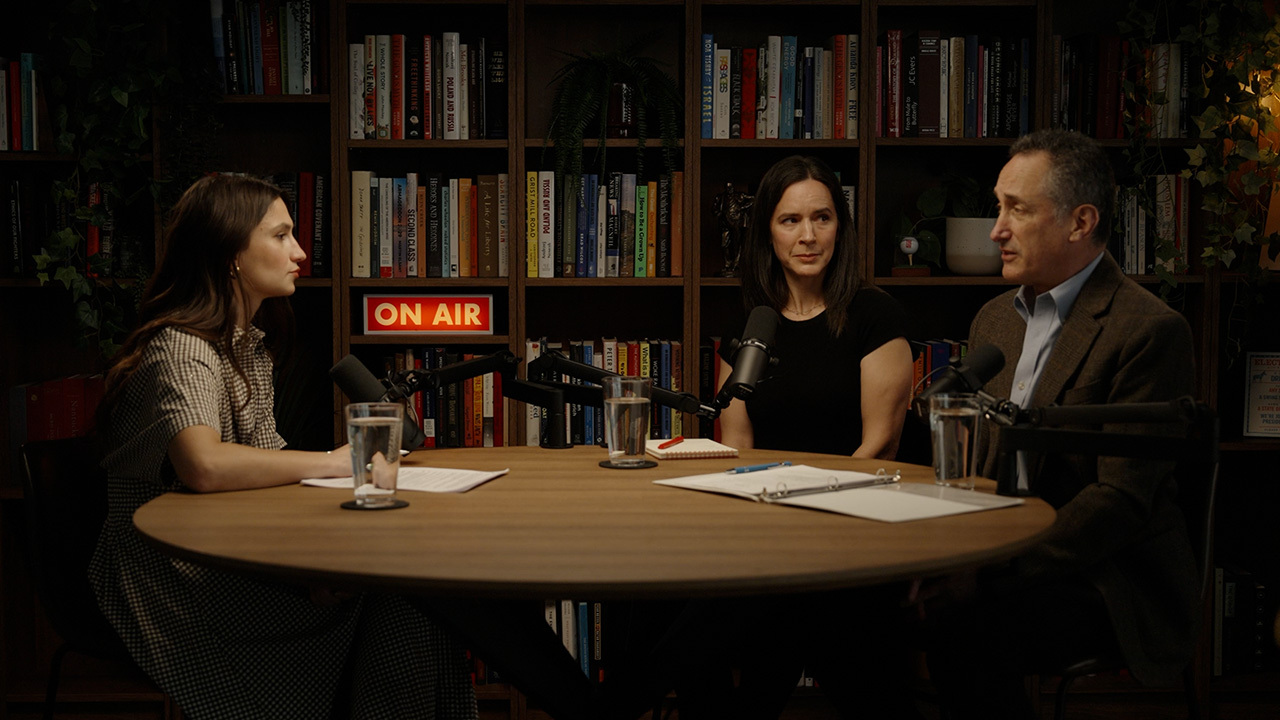Texas abortion ban targets anyone who helps patients get the procedure
At 26 years old, Poppy Northcutt made history as NASA's first female engineer in Mission Control. She was instrumental in calculating the maneuvers that would bring the astronauts home from the first moonwalk in 1969.
But today, at age 77, Northcutt has a different mission: helping patients in Texas navigate the state's maze of abortion restrictions, some of the strictest in the country. It's work that puts her on a collision course with the state's newly passed abortion law.
On May 13, Texas Governor Greg Abbott signed into law the state's Senate Bill 8 — the "Texas Heartbeat Act" — joining more than a dozen other states with similar legislation. Like other so-called "heartbeat" bans, which are currently being challenged in court, the law prohibits abortions after cardiac activity can be detected in the embryo, something that typically happens around six weeks into pregnancy, before most women know they're pregnant.
But Texas' bill is different: It gives private citizens, not the state, the authority to enforce the ban by filing civil lawsuits. When it goes into effect on September 1, any U.S. citizen, whether they reside in Texas or elsewhere, will be authorized to sue any doctor in Texas they believe to be in violation of the law. They could also sue anyone who "knowingly engages in conduct that aids or abets the performance or inducement of an abortion, including paying for or reimbursing the costs of an abortion through insurance or otherwise."
That could include nurses, rape counselors, family members, or even volunteers like Northcutt.
"If I were writing a statute to try to be as abusive as possible, this is the statute I would write," Northcutt said.
Northcutt says her early experience at NASA led her to pursue a decades-long career fighting for women's equality. As an engineer, Northcutt fought for better working conditions for women, including pregnancy leave and anti-discrimination policies, and became involved in state politics. In 1984 Northcutt graduated from law school and used her degree to continue that work.
Today, Northcutt spends her days helping minors navigate Texas' abortion laws and working as a clinic escort at the Houston's Women's Clinic, one of the busiest abortion providers in the country. Northcutt says the work is personal: In college, she says, a friend nearly died after getting an illegal abortion.
On the day CBS News visited Northcutt, nearly 90% of the patients seeking an abortion at that facility were further than six weeks into their pregnancy and would have been turned away under the new law, according to a clinic administrator.
Nationally, about 40% of abortions occurred at or before six weeks into pregnancy in 2018, the most recent year for which the Centers for Disease Control and Prevention has data available. Last year in Texas, about 85% of the state's 54,000 abortions took place eight weeks or earlier in pregnancy; the Texas department of Health and Human Services did not publish data on abortions at or before six weeks.
"They call it a heartbeat bill," Northcutt said. "It really is designed to prevent women from being able to access an abortion."
For Texas Representative Shelby Slawson, who co-authored the new law with state Senator Bryan Hughes, the legislation is also personal. She says her mother gave birth to her despite a doctor's recommendation to abort.
"Once a baby's heartbeat is detected, that little baby's life is protected," Slawson said.
The legislation offers an exception if the patient's life is at risk, but not for victims of rape, inncest or human trafficking.
"As far as rape, it's hard to imagine anything worst than that; let's punish the rapist, let's don't punish the little unborn baby," Hughes said.
Hughes said the 67-page bill was drafted in consultation with legal scholars and experts who reviewed other so-called "heartbeat" bills and how they had been handled by courts. This one, he said, is designed both to challenge Roe v. Wade but also to be implemented. If successful, it will be the first "heartbeat" bill to go into effect.
If it does, that will likely mean an avalanche of lawsuits against Northcutt, who says she has no intentions of stopping her work despite the new law. According to the law, anyone in violation would be subject to a minimum fine of $10,000 for each patient they help.
"At some point, there's no money in the well left," Northcutt said. "It's not like they can lock you up."




